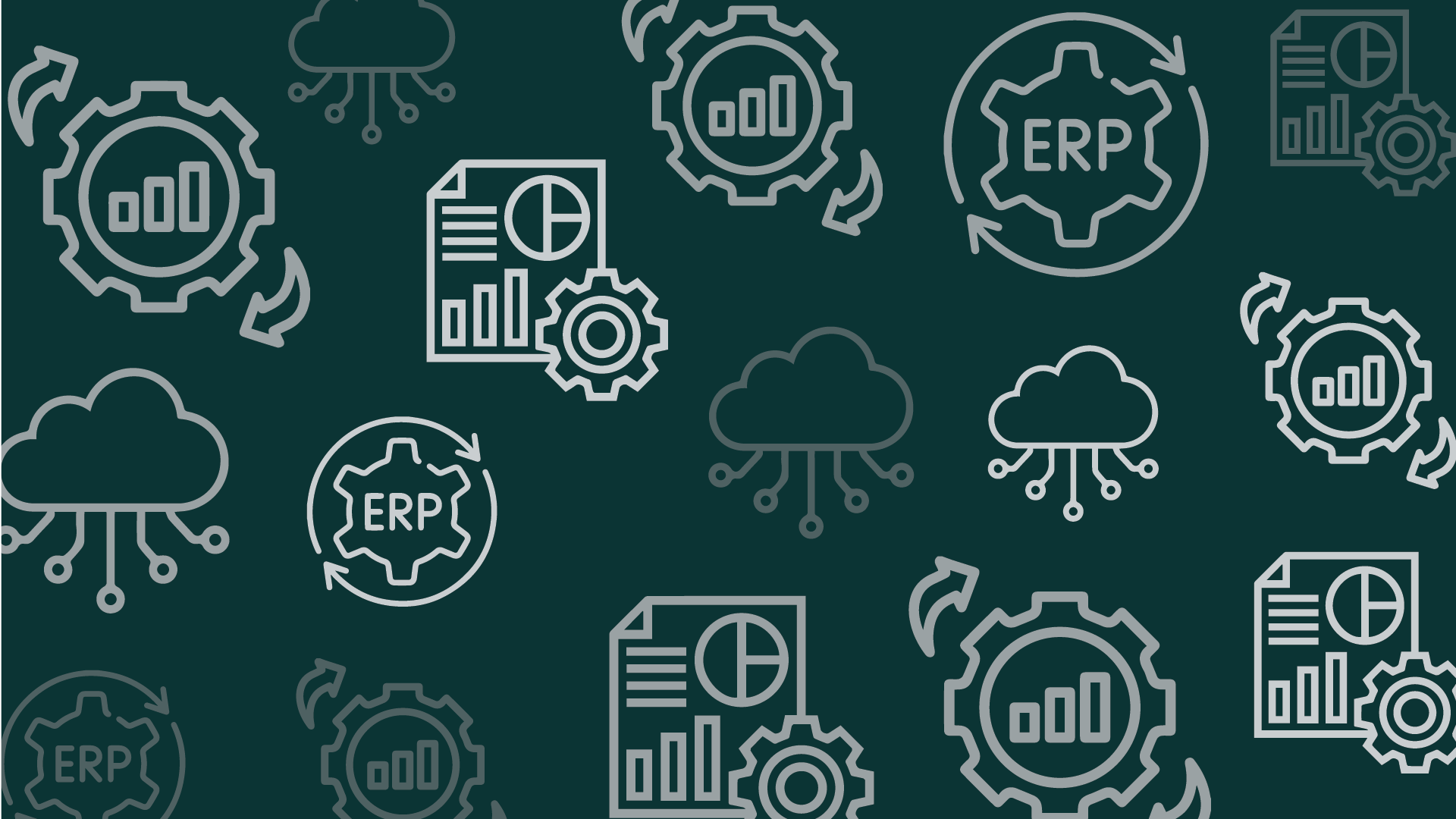Cloud-based ERP (Enterprise Resource Planning) solutions are playing a pivotal role in finance transformation by modernising and enhancing various aspects of financial management.
Here’s how these solutions are impacting finance transformation:
Enhanced Accessibility and Collaboration
Impact: Cloud-based ERP systems allow financial data and tools to be accessed from anywhere, at any time, on any device. This accessibility fosters better collaboration among finance teams, regardless of their location, and ensures that stakeholders can make informed decisions based on real-time data.
Real-Time Data and Analytics
Impact: These systems provide real-time access to financial data, enabling businesses to monitor performance, analyse trends, and generate reports instantly. This capability improves decision-making by providing up-to-date insights and allows for more accurate forecasting and strategic planning.
Scalability and Flexibility
Impact: Cloud-based ERP solutions can easily scale with the growth of a business. As a company expands, these systems can accommodate increasing volumes of data and users without the need for significant additional infrastructure. This flexibility is crucial for businesses that are growing rapidly or that need to adapt to changing market conditions.
Cost Efficiency
Impact: By eliminating the need for expensive on-premises hardware and reducing maintenance costs, cloud-based ERP solutions offer a more cost-effective alternative. The subscription-based pricing models also allow businesses to manage their financial software expenses more predictably, turning capital expenditures into operating expenditures.
Automation of Financial Processes
Impact: Cloud ERP systems automate many financial processes, such as invoicing, payroll, and reconciliation, reducing manual errors and freeing up time for finance teams to focus on more strategic tasks. Automation also accelerates the financial close process and improves the accuracy of financial reporting.
Improved Compliance and Security
Impact: Cloud-based ERP solutions are designed to comply with global standards and regulations, helping businesses adhere to complex regulatory requirements. Additionally, these systems often include advanced security features such as encryption, multi-factor authentication, and regular updates, which help protect sensitive financial data from breaches.
Integration with Other Business Systems
Impact: Cloud ERP systems can easily integrate with other business applications, such as CRM, supply chain management, and HR systems, creating a unified platform for managing all aspects of the business. This integration provides a holistic view of the organisation’s financial health and enhances cross-functional collaboration.
Support for Innovation and Agility
Impact: By leveraging the latest cloud technologies, businesses can quickly implement new features, adapt to changing business needs, and innovate more effectively. Cloud-based ERP systems often include tools for advanced analytics, AI, and machine learning, which can further drive financial transformation by enabling predictive insights and automating complex tasks.
Disaster Recovery and Business Continuity
Impact: Cloud ERP solutions typically offer robust disaster recovery options, ensuring that financial data is backed up and can be quickly restored in the event of a system failure. This enhances business continuity, minimising the risk of downtime and data loss.
Sustainability and Environmental Impact
Impact: Cloud-based systems reduce the need for physical infrastructure, such as servers, which in turn reduces energy consumption and the environmental footprint of a business. This contributes to corporate sustainability goals and can also reduce costs associated with energy and hardware maintenance.
Conclusion
Cloud-based ERP solutions are a key enabler of finance transformation, driving efficiency, scalability, and innovation while enhancing data accessibility, compliance, and security. By adopting these solutions, businesses can achieve more agile and resilient financial operations, better supporting their overall strategic objectives.
Cloud2 Consult enables clients to execute their finance and technology goals by implementing ERP Cloud Solutions and connecting them with the right resources and expertise to achieve a seamless finance transformation. Our candidates have experience shaping business strategy and delivering complex transformations for processes and systems change to achieve core objectives, coupled with in-depth knowledge to transfer and enable your people.
Free Fireside Chats Get in touch today


